Last month I travelled to Wakru in Arunachal Pradesh through Tinsukia district of Assam with a bunch of young professors. It was a self-driven ride of about 4 hours from Dibrugarh the second city in Assam. The journey was fascinating as my friends stopped at various points on the way spotting orchids, big trees, abandoned shrines and beautiful rivers. Suddenly my friend would look away from the steering wheel and say, “Look look, look at the pride of those orchids hiding behind the tree branches.” Orchids of different varieties bloom along the roadside in Arunachal Pradesh. There are yellow orchids, white and purple ones called ‘Kopou’ in Assam. There were trees along the highway which had ‘Ezar’ flower buds.
In one spot we also located a ‘Borhomthuri’ plant with the flower and the bud which was famous for making lipstick in the olden days. Somewhere near the orange valley of Arunachal near Wakru, we stopped the vehicle and climbed down to the riverside and sat down on the stones to feel the serenity of the river. It was indeed a fulfilling journey of mapping the ecology around us. My friend said, “I like to remember nature through the nostalgic memories of the flowers, plants, herbs, trees and ferns in our daily life not just through their scientific names.” That is in fact a very crucial point to be drawn home. Since we do not value our immediate environment anymore because we do not connect with the rivers, lakes, fruit trees, flower trees and other such natural resources as they do not hold much ground in our social and cultural context. We remain confined to zoos, botanical gardens, reserved forests and city parks to enjoy nature. Otherwise we would rather look around for the dustbins, drains, sewage pipes and water taps for environment around us.
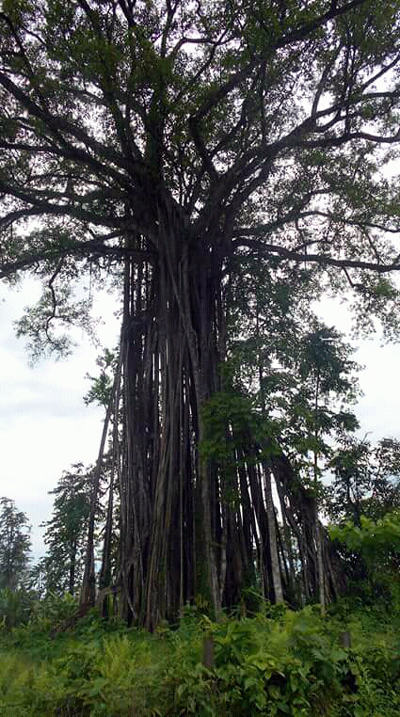
These days, schools are teaching children to be environmentally conscious about throwing waste in dustbins and reduce the use of plastic in their lives. Environment is boiled down to dustbins, plastic and electricity use in cities. Gone are those days of ensuring a green zone, blue rivers, rainbow sightings across the green hills and yellow flowers in the fields and grasslands. Nature is manicured and kept at bay under the concrete slabs, pruned inside pot plants and dwarfed through bonsai roots as home decors. In some huge malls and high raised flats people keep grass patches, vegetable gardens and balcony plants to keep an inch of environment in their shrinking living spaces.
In this era of reducing carbon footprints, earning green economy brownie points, countries have taken refuge in the traditional practices of conservation economics. Balipara foundation is initiating diverse innovations through rural interventions in natural water regeneration practices in remote locations of Assam. Dusty foot productions and NEN through its green hub initiative is training up young people on conservation photography and videography to ensure sustained efforts in ecological mapping of resources around the communities and groups living on the edge. Ecological mapping of every individual will definitely bring out our needs, constraints and resources which are closely linked to our immediate environment surrounding us. Based on these mappings we can make the lifestyle and life-skill choices which will either enhance our relationship with nature or restrain us from abusing nature.
This year on June 5 let us make an effort to map ourselves within and around our immediate environment and keep note of the checks and balances to revisit the map next year. We can choose to see that each natural space around us is safe and living with dignity without abuse from our end. Our relationship with our trees, birds, beetles, lady birds, earthworms and frogs will ensure a natural balance in neutralising pests, viruses and other harmful natural elements as well if we can revive a plastic free food chain. In this context use of plastics and chemicals needs to be replaced with natural disposables in every sphere of human existence without further ado. Economics cannot dominate ecology rather both needs to complement each other. Our theories of convenience and compulsions need to be revised with practical innovations which regenerate nature. Wish we could glide through the hills along with winds, cycle through the valleys, row the boats along the rivers and live in tree houses and blend in with the natural spaces. Hope that we can all dream more and make them real within our lifetimes.
- 11501 reads

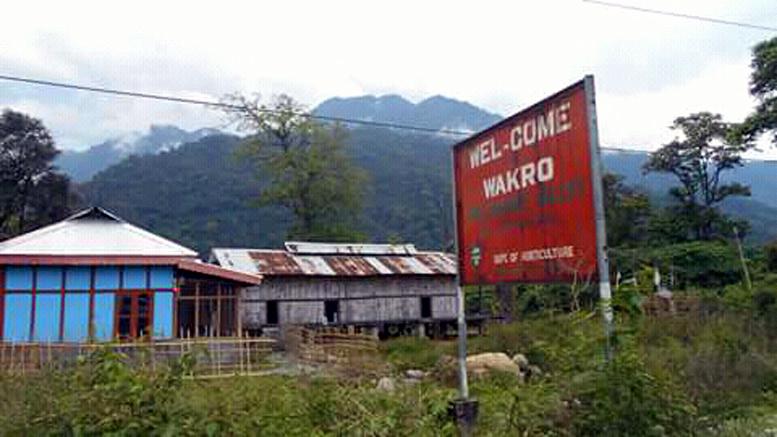
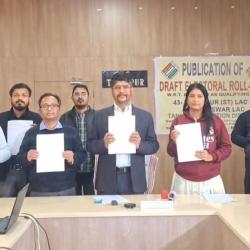
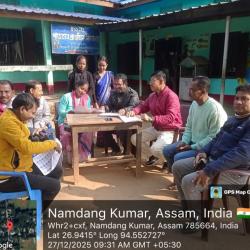
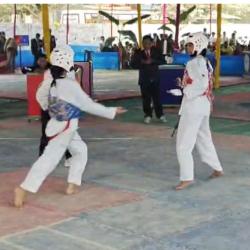
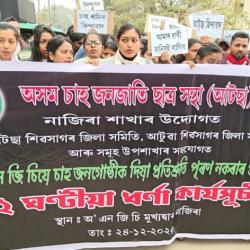
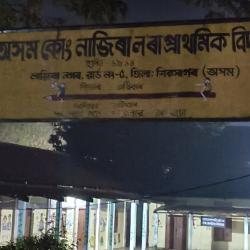

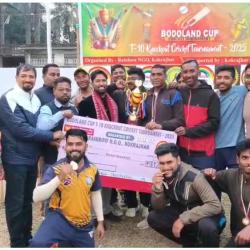

Add new comment